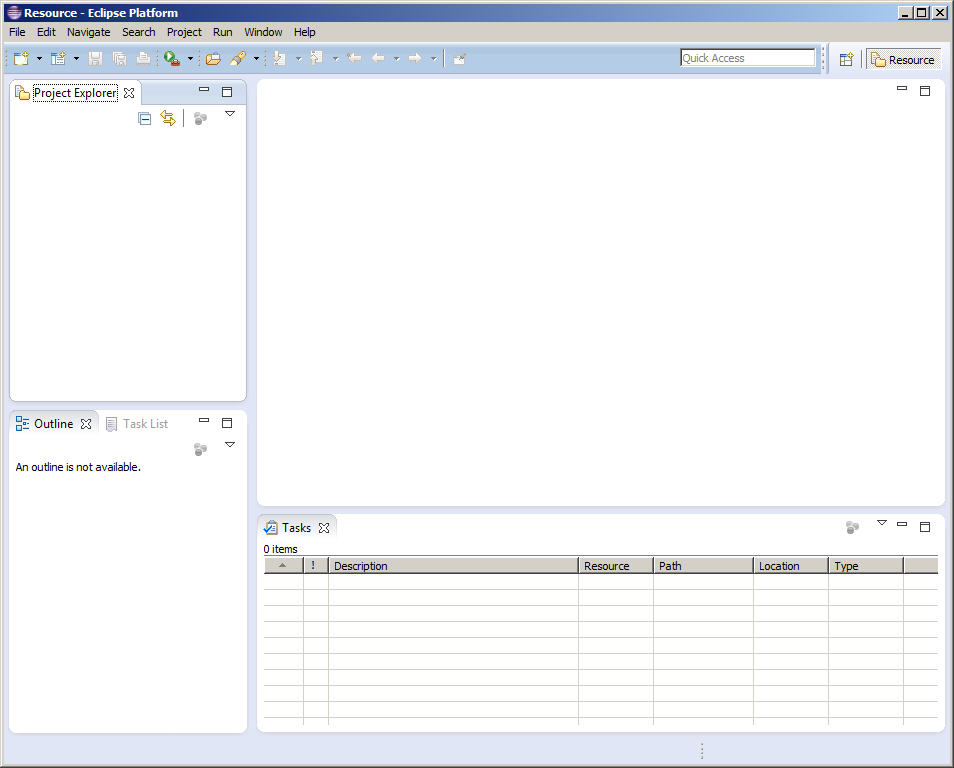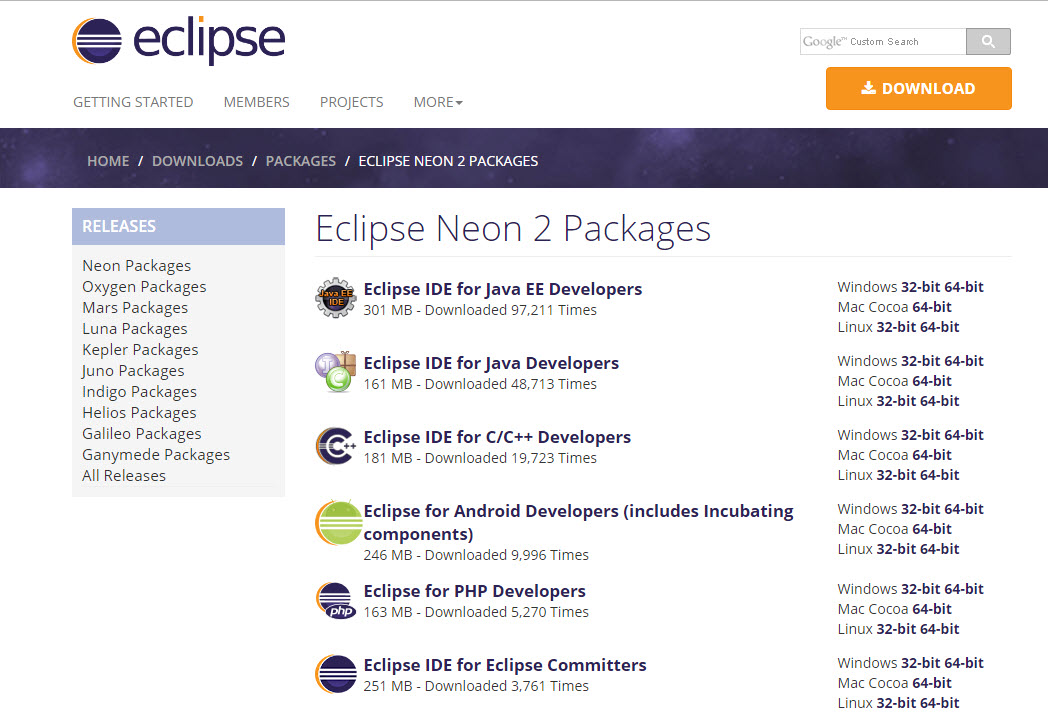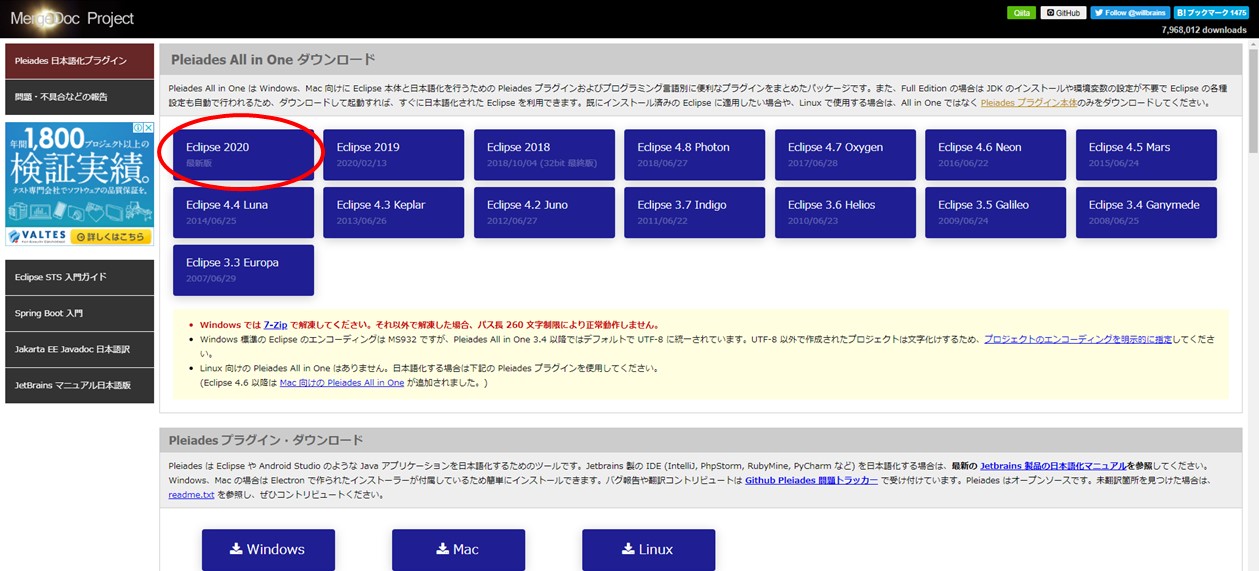


The PDE project provides a number of views and editors that make it easier to build plug-ins for Eclipse SDK. The JDT plug-ins themselves can also be further extended by other tool builders. The JDT allows Eclipse to be a development environment for itself. The JDT adds the notion of Java projects and a Java perspective to the platform, as well as a number of views, editors, wizards, builders, and code merging and refactoring tools.

The JDT provides the tool plug-ins for the platform that implement a Java IDE for power-users, that supports the development of any Java application, including plug-ins.

These services and frameworks include a standard workbench user interface model and portable native widget toolkit, a project model for managing resources, automatic resource delta management for incremental compilers and builders, language-independent debug infrastructure, and infrastructure for distributed multi-user versioned resource management. The Platform defines the set of frameworks and common services that collectively make up "integration-ware" required to support the use of Eclipse as a component model, as a rich client platform (RCP) and as a comprehensive tool integration platform. These projects can be conceptually organized into seven different "pillars" or categories: The Eclipse Platform is written in the Java language and comes with extensive plug-in construction toolkits and examples. By collaborating and exploiting core integration technology, tool producers can leverage platform reuse and concentrate on core competencies to create new development technology. Eclipse SDK provides a plug-in based framework that makes it easier to create, integrate, and utilize software tools, saving time and money. Eclipse SDK includes tools made to give developers the freedom of choice in a multi-language, multi-platform, and multi-vendor environment.


 0 kommentar(er)
0 kommentar(er)
